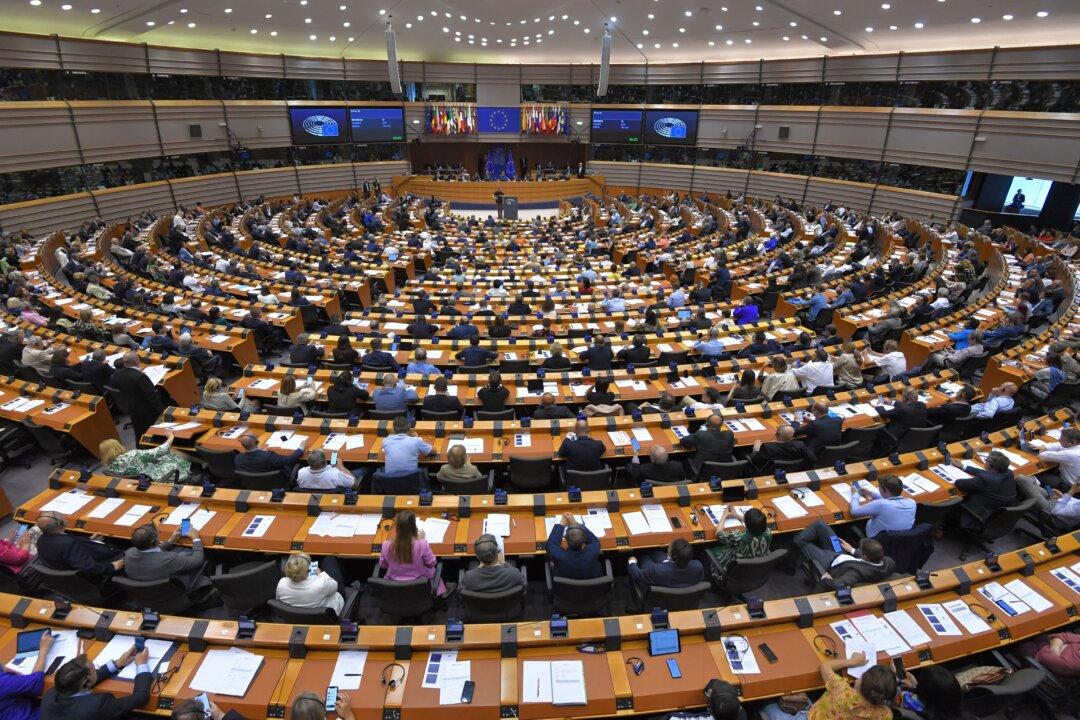The European Union is set to approve a major plan to fight climate change and improve nature protection in the 27-nation bloc after protests from farmers and opposition from the biggest party in parliament.
Under the premise that 80 percent of European habitats are in poor shape, the EU Nature Restoration law stipulates that EU member countries must restore at least 30 percent of their habitats in poor condition by 2030, 60 percent by 2040, and 90 percent by 2050, according to a statement.





